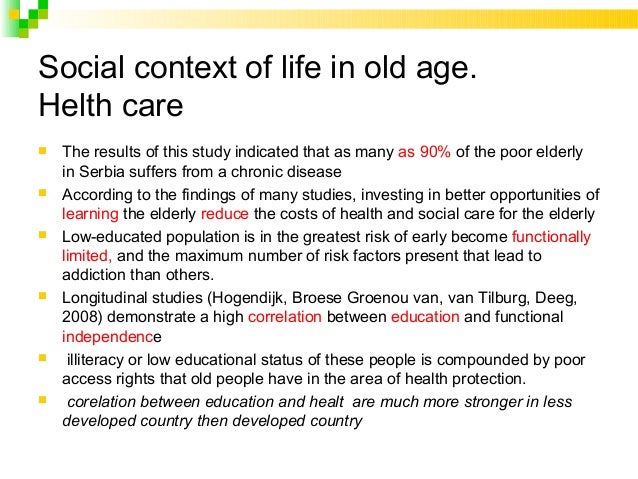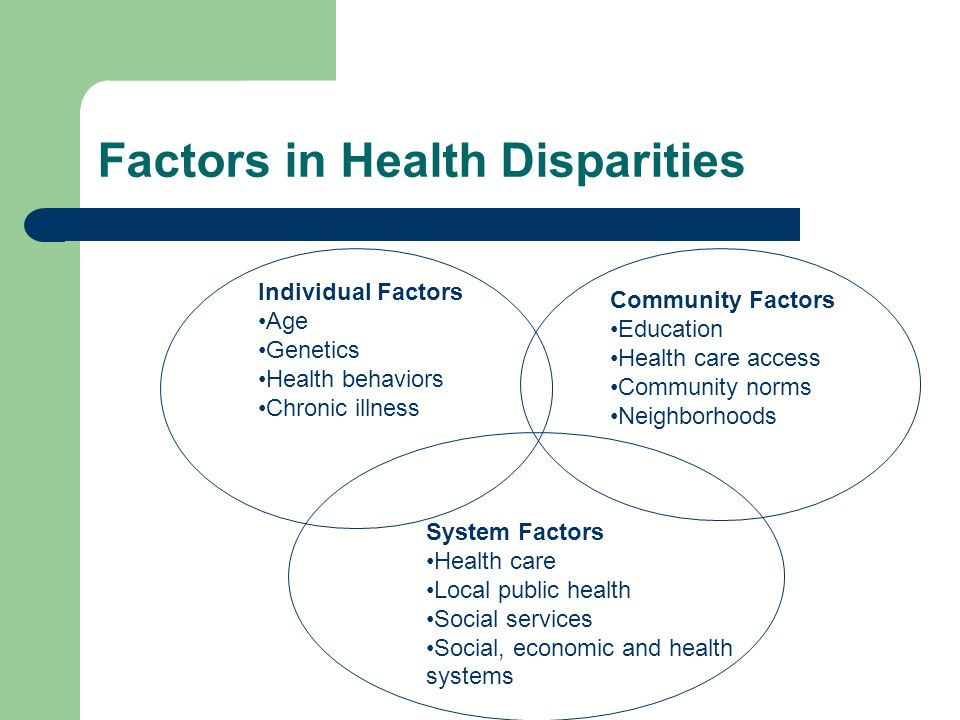Why coronavirus outbreak put elderly at more risk?
Relevance: Sociology: Issues related to Ageing: G.S paper I: Society and social issues & G.S paper II: Health: Governance
Why are the elderly more vulnerable to coronavirus?
There are both physical and social reasons. Older people don’t have as strong an immune system so they are more vulnerable to infectious disease. They’re also more likely to have conditions such as heart disease, lung disease, diabetes or kidney disease, which weaken their body’s ability to fight infectious disease.
In many countries, they are more likely to be in institutionalized settings like a nursing or retirement home, or living with family in a more crowded situation where there’s a greater risk of infection.
The elderly might also have isolation or mobility challenges. So because they’re isolated, they can’t get information about what to do, or they’re not able to get food they need if stores are out of stock and things become more difficult. In many societies, seniors are more likely to live in poverty, which makes it more difficult for them to get the things they need and to take care of themselves. Poverty presents a whole range of challenges pertaining to health.
Social isolation, loneliness in older people pose health risks
Health effects of social isolation, loneliness
Research has linked social isolation and loneliness to higher risks for a variety of physical and mental conditions: high blood pressure, heart disease, obesity, a weakened immune system, anxiety, depression, cognitive decline, Alzheimer’s disease, and even death.
People who find themselves unexpectedly alone due to the death of a spouse or partner, separation from friends or family, retirement, loss of mobility, and lack of transportation are at particular risk.
Conversely, people who engage in meaningful, productive activities with others tend to live longer, boost their mood, and have a sense of purpose. These activities seem to help maintain their well-being and may improve their cognitive function, studies show.
Breaking ground in loneliness research

Dr. Cacioppo’s research found that being alone and loneliness are different but related.
Social isolation is the objective physical separation from other people (living alone), while loneliness is the subjective distressed feeling of being alone or separated. It’s possible to feel lonely while among other people, and you can be alone yet not feel lonely.
The misery and suffering caused by chronic loneliness are very real and warrant attention. As a social species, we are accountable to help our lonely children, parents, neighbors, and even strangers in the same way we would treat ourselves. Treating loneliness is our collective responsibility.”
Although there is more to learn, the understanding of the mechanisms of action of loneliness and its treatment has increased dramatically since scientific investigation began more than two decades ago.
Among the novel predictions from the Cacioppo Evolutionary Theory of Loneliness is that loneliness automatically triggers a set of related behavioral and biological processes that contribute to the association between loneliness and premature death in people of all ages. Research is headed toward the systematic study of these processes across generations.
Understanding the biology of loneliness

Losing a sense of connection and community changes a person’s perception of the world. Someone experiencing chronic loneliness feels threatened and mistrustful of others, which activates a biological defense mechanism.
For example, loneliness may alter the tendency of cells in the immune system to promote inflammation, which is necessary to help our bodies heal from injury. But inflammation that lasts too long increases the risk of chronic diseases.
Loneliness acts as a fertilizer for other diseases. “The biology of loneliness can accelerate the buildup of plaque in arteries, help cancer cells grow and spread, and promote inflammation in the brain leading to Alzheimer’s disease. Loneliness promotes several different types of wear and tear on the body.
People who feel lonely may also have weakened immune cells that have trouble fighting off viruses, which makes them more vulnerable to some infectious diseases.
NIA-supported research by Dr. Cole and others shows that having a sense of mission and purpose in life is linked to healthier immune cells. Helping others through caregiving or volunteering also helps people feel less lonely.
Working for a social cause or purpose with others who share your values and are trusted partners puts you in contact with others and helps develop a greater sense of community.
For more such notes, Articles, News & Views Join our Telegram Channel.
Click the link below to see the details about the UPSC –Civils courses offered by Triumph IAS. https://triumphias.com/pages-all-courses.php

